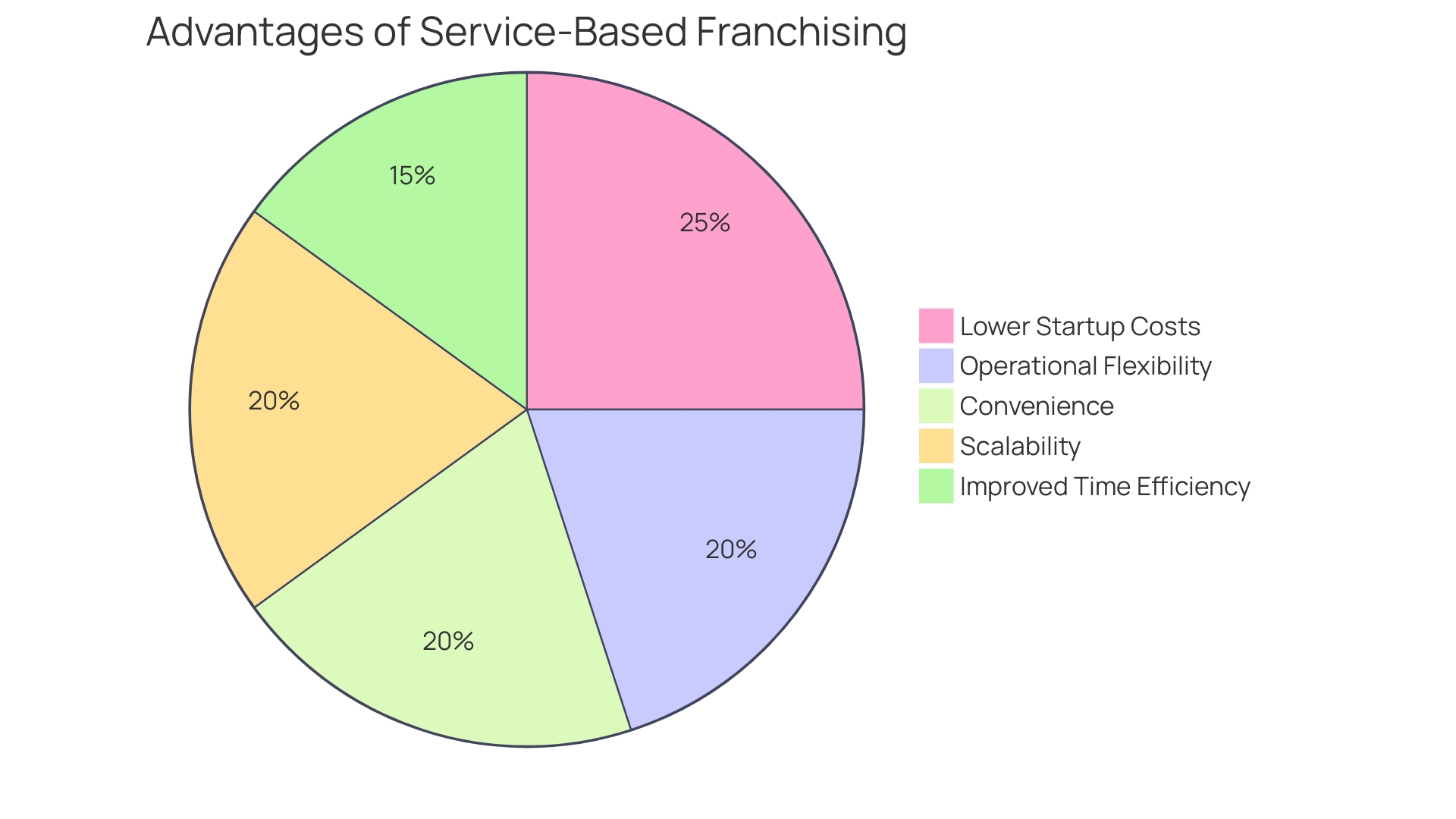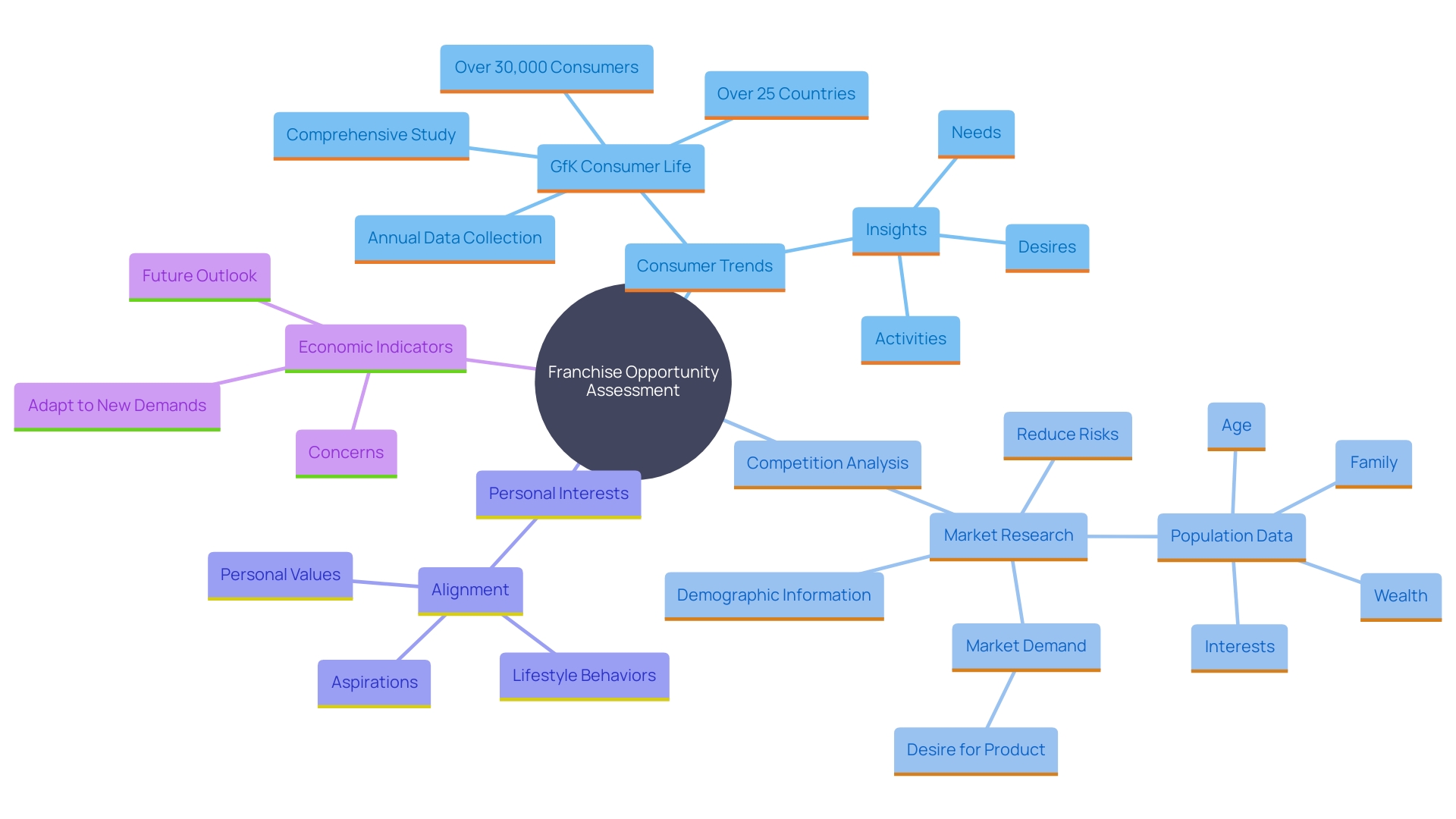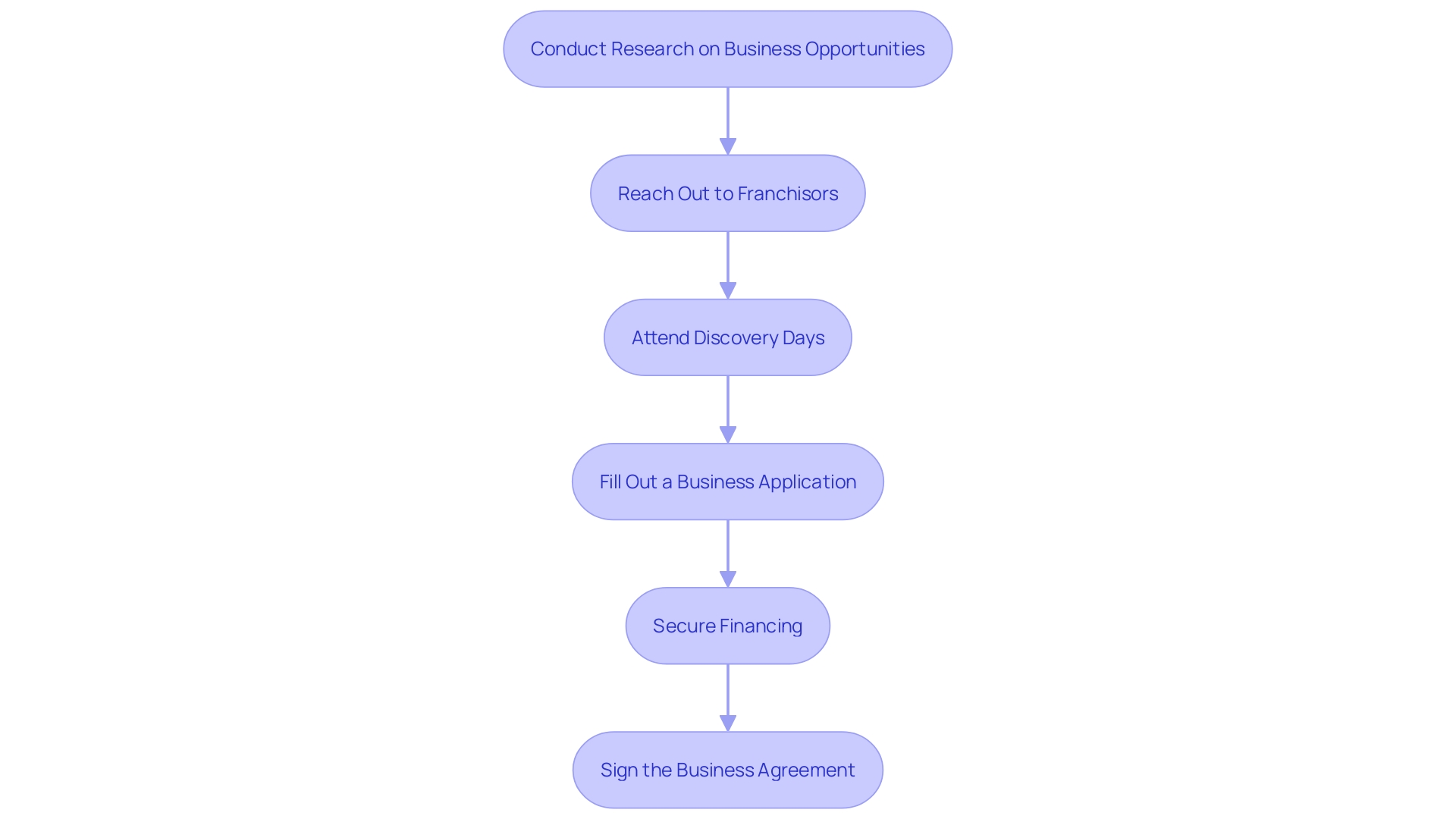Introduction
Operating a business under a well-established brand through service-based franchising offers a unique opportunity for entrepreneurs. Unlike product-focused franchises, service franchises emphasize customer service, providing benefits such as lower startup costs and operational flexibility. This model enables entrepreneurs to deliver services directly to clients, eliminating the need for a physical storefront and reducing overhead expenses.
With advancements in technology, service-based franchises also offer greater time efficiency and scalability, allowing for part-time ownership and semi-absentee models. This flexibility can significantly aid franchise owners in balancing their business responsibilities with other commitments. Such advantages make service franchises an appealing option for those looking to enter the entrepreneurial world with a supportive and proven business model.
Understanding Service-Based Franchising
Service-based franchising enables individuals to run an enterprise under a well-established brand, utilizing the franchisor’s system and support in exchange for fees and royalties. Unlike product-oriented businesses, which concentrate on selling goods, service-oriented operations emphasize providing various services to customers. This model is particularly appealing due to its lower startup costs and operational flexibility compared to traditional brick-and-mortar businesses. For instance, mobile businesses, which have become increasingly popular, eliminate the need for a physical storefront, thus reducing overhead expenses. Entrepreneurs can bring services directly to the customers, improving convenience and accessibility. With advancements in technology, service-oriented businesses also benefit from improved time efficiency and scalability, enabling part-time ownership and semi-absentee models. This flexibility makes it easier for business owners to manage their enterprises and balance other commitments.

Benefits of Service Franchises
Franchises in this sector offer numerous benefits, such as a reduced initial investment in contrast to product franchises and the capacity to meet the increasing need for diverse offerings. The flexibility to adapt services to the specific needs of local markets enhances their appeal. Franchisees benefit immensely from established branding, which offers immediate recognition and trust within the community. This brand recognition can drive a significant increase in foot traffic and customer loyalty, as consumers often associate well-known brands with quality and reliability.
Moreover, franchisees receive comprehensive training and ongoing support, which significantly reduces the typical challenges of starting an enterprise from scratch. This support system is crucial for success, as franchisors leverage their experience and resources to help franchisees thrive. The intrinsic value of having a proven business model, coupled with the franchisor’s hands-on guidance, can be a game-changer. As one industry expert puts it, “The success of your licensees is key to building a licensing system that someday someone will pay you $1 billion for.” Thus, the symbiotic relationship between franchisor and business partner is fundamental to the growth and profitability of the model.
Identifying Profitable Service Franchise Opportunities
Identifying the appropriate franchise opportunity is a complex endeavor that demands thorough investigation and a sharp awareness of industry dynamics. Begin by assessing consumer trends, which aid in recognizing offerings that are in high demand. For instance, the cleaning industry is experiencing consistent growth, with projections indicating significant expansion in its sector. This makes cleaning businesses especially appealing because of their high-demand offerings and reduced obstacles to entry in relation to other industries.
Next, assess the competition within your chosen industry. By comprehending the industry scale and demand, you can assess if there’s potential for your business to flourish. For instance, cleaning companies provide a varied array of services from carpet maintenance to janitorial tasks, expanding their market attractiveness and enabling customized operational models.
It’s also crucial to align the business choice with your personal interests and expertise. Popular sectors like health and fitness, home repairs, and education each offer unique growth potentials. Educational enterprises, for instance, benefit from low start-up costs and a proven business model, making them an excellent option for those passionate about teaching and learning.
Finally, consider the economic indicators and location logistics. Gathering demographic information, such as age, wealth, and interests, helps in understanding the opportunities and limitations for gaining customers. This comprehensive approach ensures that you select a business opportunity with a robust market presence and the potential for sustainable growth.

Evaluating Franchise Opportunities
When assessing service business opportunities, performing comprehensive due diligence is essential. Begin by reviewing the Franchise Disclosure Document (FDD) to understand the financial performance and obligations. For instance, consider a well-established system like Papa John’s, which boasts around 5,300 units globally and generates approximately $4 billion in revenue. This data indicates a stable and profitable business model.
Engage with existing franchisees to gain insights into their experiences and the franchisor’s support systems. Their firsthand accounts can reveal how supportive and effective the franchisor’s network truly is. Established businesses often provide a strong community and tested business models, lowering the risk of failure. Consider, for instance, the mobile oil change business Luby Dudes, which has streamlined its offerings to guarantee simplicity in operation and effective assistance.
Additionally, assess the franchisor’s support in marketing and brand recognition. Franchises like McDonald’s benefit immensely from their global brand recognition, which translates to stable and predictable cash flows. By aligning your goals and values with the right business opportunity, you can leverage these established systems and support networks for a successful venture.
Steps to Acquire a Service Franchise
Starting the process to obtain a business license involves several crucial steps. First, thorough research on available business opportunities is essential. Look into various industries, focusing on those showing growth potential to ensure sustained demand for your services. For instance, fast food chains continue to thrive globally due to their affordability and convenience.
Next, reach out to franchisors for detailed information. The Franchise Disclosure Document (FDD), revised by the Federal Trade Commission, outlines the roles and responsibilities of both parties, ensuring clarity and transparency.
Attending discovery days is another crucial component. These events allow potential business owners to gain firsthand experience and ask pertinent questions about the operations and support systems.
Filling out a business application comes next, where you showcase your dedication and appropriateness as a business owner. Once accepted, securing financing becomes the next hurdle. Understanding the full scope of costs, including recurring fees, is vital for financial planning.
Ultimately, signing the business agreement formalizes your partnership. This legal document grants you the license to use the franchisor’s intellectual property, systems, and brand, safeguarding your investment and ensuring all parties uphold their obligations. Each of these steps requires meticulous attention to detail to forge a successful and profitable franchise venture.

Adapting to Change: Strategies for Service Franchise Success
In a constantly changing environment, franchise operators must be flexible and ready to adjust. This includes staying informed about industry trends, leveraging technology to enhance service delivery, and continuously seeking customer feedback for improvement. Flexibility and innovation are crucial to maintaining competitiveness and meeting customer expectations. Utilizing location, comprehending the industry, and adopting a solution-oriented strategy can greatly enhance performance. As seen in the case of a major branded hotel that increased F&B sales by strategically attracting more diners, adapting to market needs plays a pivotal role. Innovative practices, like those seen in MediaMarkt’s flagship stores, which blend technology, innovation, and experience, set new industry standards and highlight the importance of staying ahead. With the rise of globalization and diverse workforces, inclusive leadership becomes essential in fostering innovation and driving business growth. As Peter Wagner, a teaching fellow, emphasizes, adapting to changing dynamics requires an inclusive and dedicated approach.
Conclusion
Service-based franchising presents a compelling opportunity for aspiring entrepreneurs, offering numerous advantages that cater to the modern business landscape. By leveraging established brands and proven business models, franchisees benefit from lower startup costs and operational flexibility, allowing them to deliver services without the need for a physical storefront. This adaptability not only reduces overhead expenses but also aligns well with current consumer trends that favor convenience and accessibility.
The benefits of service franchises extend beyond initial investments. The support provided by franchisors—including comprehensive training and ongoing assistance—empowers franchisees to navigate the complexities of business ownership more effectively. This symbiotic relationship fosters a strong foundation for success, as franchisees can tap into the brand recognition and trust that established franchises bring to the market.
Identifying the right service franchise requires careful research and alignment with personal interests and market demands. A thorough evaluation of potential opportunities, including understanding consumer trends and assessing competition, is essential for making informed decisions. Engaging with existing franchisees and reviewing the Franchise Disclosure Document (FDD) can further illuminate the path to a successful franchise venture.
Ultimately, the journey to franchise ownership involves strategic planning, adaptability, and a commitment to ongoing improvement. By embracing innovation and remaining responsive to changing market dynamics, franchisees can position themselves for sustainable growth and profitability in the competitive service sector. This proactive approach ensures that the franchise remains relevant and continues to meet the evolving needs of its customers.


